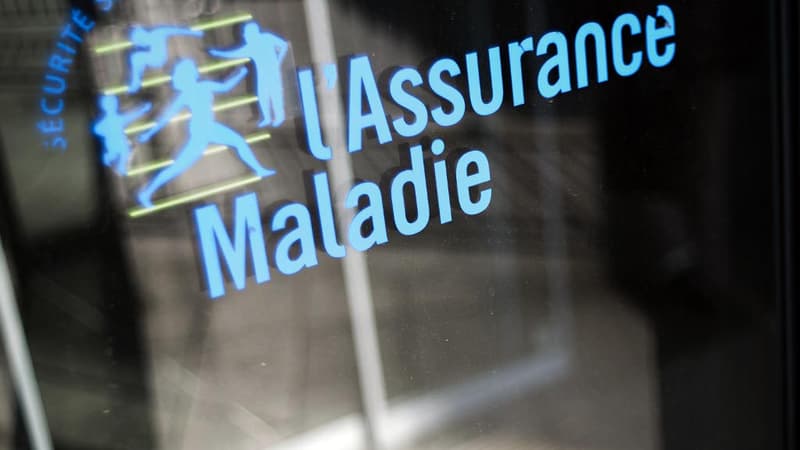To combat the resurgence of cases of infections in Clamidia and Gocococcus, health insurance announced on Monday the launch of a free self -pre -apprehended detection kit at home, for young people from 18 to 25 years.
Available from July 1 for women, the online kit will be extended to men “during the second half of”, according to a press release from CNAM.
The application can be made directly on the Ameli website, after a “fast questionnaire of ten questions.” The kit will be delivered “in the place of your choice”, and then it will be necessary to return the tube that contains the self -pronouncement in a laboratory.
“SMS warns the young man () about the availability of their results within the SMS within five business days,” said Health Insurance.
A possible STIs “even in the absence of a symptom”
Continuously increasing since the 2000s, bacterial sexually transmitted infections (IST) are “a public health problem due to the serious risks they present for both women and men”, such as infertility or the risk of extrauterine pregnancy, they underlined health insurance.
Between 2021 and 2023, gonorrhea cases increased 59% in men and 46% in women, while clamidiosis cases increased by 10% in men, according to public health France.
“Even in the absence of a symptom,” it is possible to carry an STI “and transmit it,” recalled the body, “so detection is an essential tool for the fight against the dissemination of these diseases.”
Free detection for 4 infections
The launch of the kit is part of “My ist test”, which has allowed children under 26 years to be tested for free and without a recipe for four infections: Chlamydia trachomatis, gocococcus, syphilis and hepatitis B.
According to health insurance, the sending of a self -pronouncement kit has already demonstrated its effectiveness during the experimentation of “CLAMYWEB” led in 2012 by the National Institute for Health Prevention and Education (INPES).
This system had made it possible to multiply “by 3.4 the use of the detection of clamidias in young people compared to an orientation towards the care system” (general professionals, gynecologists, free information, detection and diagnostic centers, etc.).
Source: BFM TV


